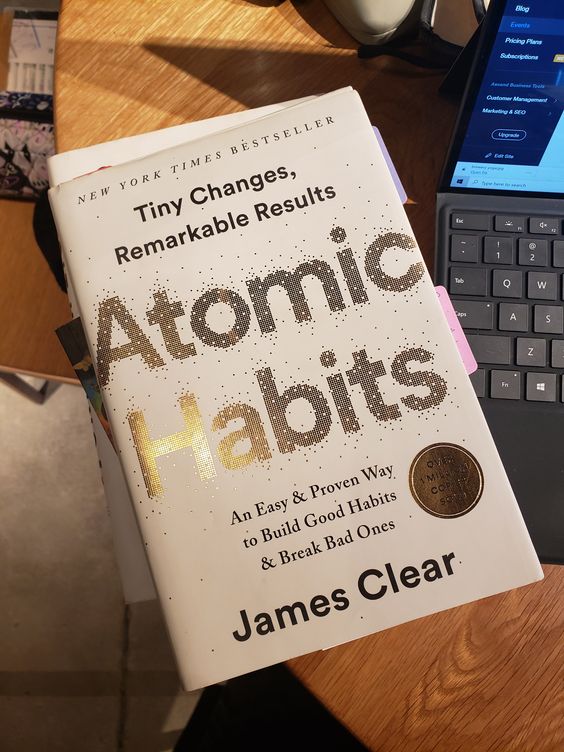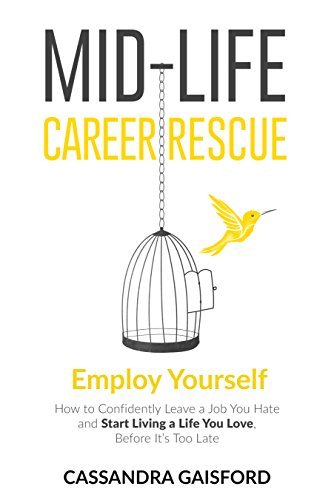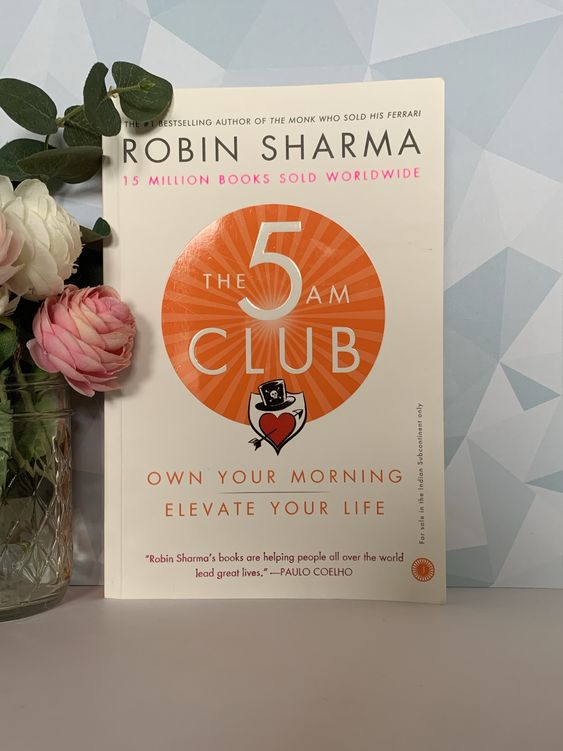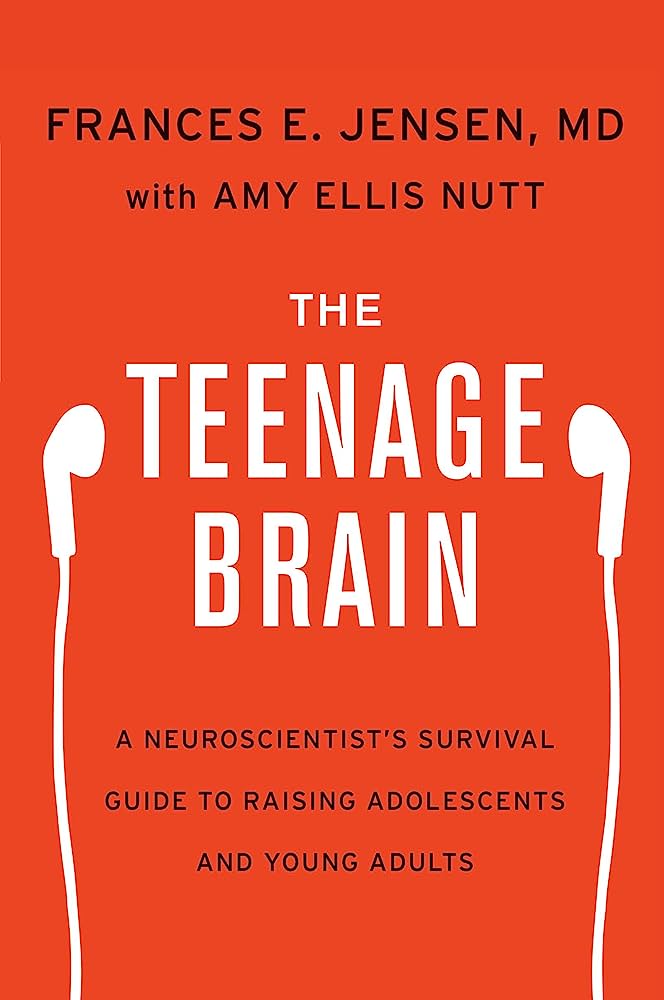Atomic Habits Chapter 15-20 Book Summary
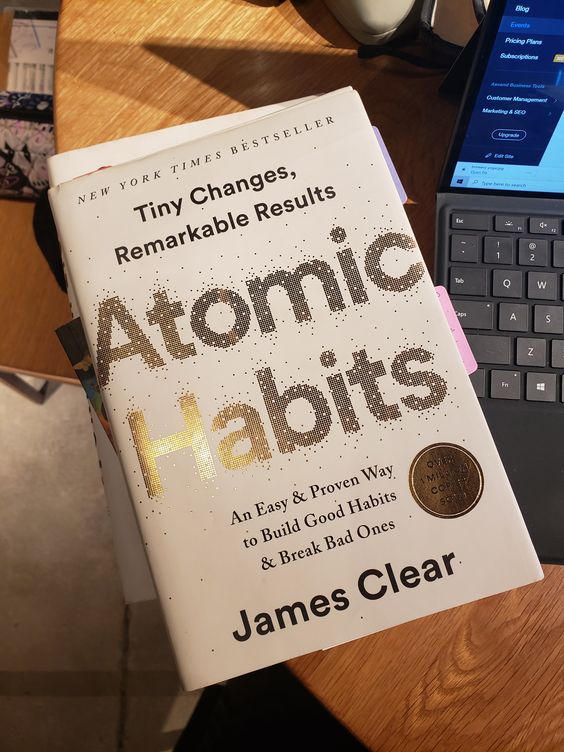
Chapter 15: The Cardinal Rule of Behaviour Change
From this chapter, we learn about positive reinforcement, where the rewarded behavior or action is more repeated while the punished ones are avoided. When trying to do and develop a new good behavior, Clear suggests giving oneself an immediate reward. For example, whenever you successfully avoid impulse buying, the money can be moved into the savings account for future purchases.
Clear also adds that we should note that while the costs of good habits are present, the costs of the bad ones are in the future. If you choose to eat poor diets, the cost of being obese will be in the future. However, if you choose to work out, the cost of such a habit is present.
Chapter 15 Notable Quotes
- We are more likely to repeat a behavior when the experience is satisfying.
- The first three laws of behavior change—make it obvious, make it attractive, and make it easy—increase the odds that a behavior will be performed this time. The fourth law of behavior change—make it satisfying—increases the odds that a behavior will be repeated next time.
Chapter 16: How to Stick with Good Habits Every Day
From the chapter, we learn that one of the key and satisfying feelings is making progress. When trying to develop and maintain habits, you should use a habit tracker. What is a habit tracker? As per the book, a habit tracker is a tool used to measure whether you accomplish a habit earlier planned, like marking an X on a monthly workout journal. When doing so, ensure that all days are marked without breaking the chain.
Using habit trackers, among other visual forms, we can clearly measure our habits’ progress. For example, after working out for one hour in the gym, I will record my experience in my workout journal.
Even though sometimes busy lives may interrupt marking out progress, Clear reminds the readers about the simple rule known as “Never Miss Twice.” If you find out that you have already missed a day, try getting back as quickly as possible.
Chapter 16 Notable Quotes
- A habit tracker is a simple way to measure whether you did a habit—like marking an X on a calendar.
- Never miss twice. If you miss one day, try to get back on track as quickly as possible.
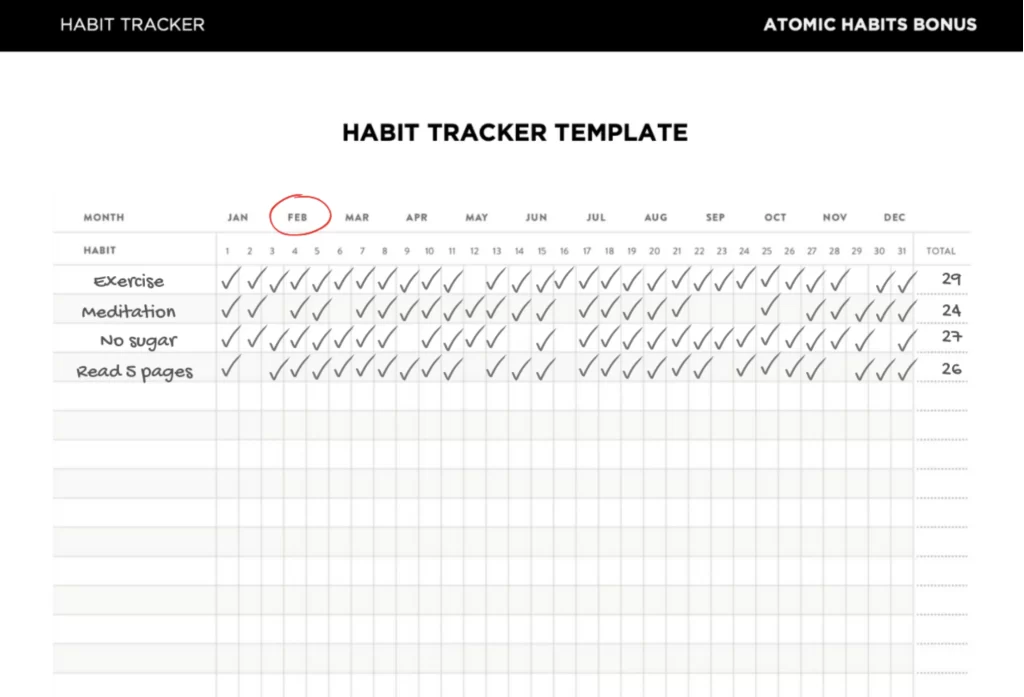
Chapter 17: How an Accountability Partner Changes Everything
Chapter 17 explores the inversion of the 4th Law of behavior change, which recommends making bad habits more unsatisfying. From Clear’s arguments, habits are mostly avoided when they result in unsatisfying and painful experiences and vice versa. In this case, pain becomes the effective teacher.
If you want to prevent a bad or unhealthy habit, the first step should be to add an instant cost to the action. Such reduces the chances of doing the action. Ensure that you eliminate the gap between the action and the faced consequence. When an individual instantly faces a negative consequence after an action, behavior starts to change.
When trying to develop and break some habits, have a habit contract (as shown below). The habit contract states one’s commitment to a particular behavior and the consequences that will follow if we fails to follow through. When doing the above, ensure that you have an accountability partner who will sign the contract with you.
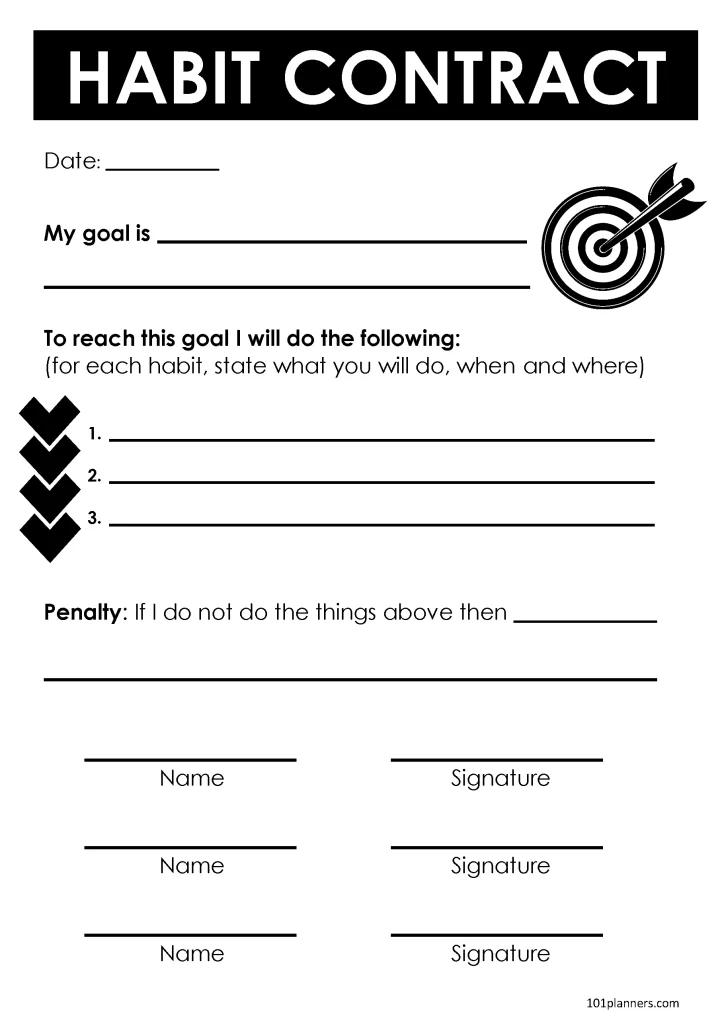
The main work of the accountability partner is to inflict the immediate cost of the inaction. Such ensures that when you fail to act, you are not only failing to uphold the promises to yourself but to others.
Chapter 17 Notable Quotes
- We are less likely to repeat a bad habit if it is painful or unsatisfying
- A habit contract can be used to add a social cost to any behavior. It makes the costs of violating your promises public and painful
- Knowing that someone else is watching you can be a powerful motivator
Chapter 18: The Truth About Talent (When Genes Matter and When They Don’t)
In this chapter, Clear argues that in order to maximize your success odds, you should choose the right field of competition. Another lesson was about genes. According to the book, genes can never be quickly changed. However, they offer a powerful advantage in favorable events as well as a serious con in unfavorable circumstances. Genes do not also eliminate hard work. On the contrary, they tend to clarify it and tell us what to work hard on. Since habits become easier to implement when they align with one’s natural abilities, we should choose habits that best suit us.
Chapter 18 Notable Quotes
- Play a game that favors your strengths. If you can’t find a game that favors you, create one.
- Habits are easier when they align with your natural abilities. Choose the habits that best suit you.
Chapter 19: The Goldilocks Rule—How to Stay Motivated in Life and Work
Chapter 19 of Atomic Habits book argues that the human brain loves challenging events but only within the optimal zone of difficulty. Clear also shares about the Goldilocks Rule. What is the Goldilocks Rule? As per Clear, human beings tend to experience peak motivation, especially when working on tasks right on the edge of their current abilities. In this case, they should not be too easy or too hard, just right.
For many, the major threat to success is not failure but boredom. When habits become a routine, they later become less interesting as well as satisfying. For us, it is the ability to keep on going even when the work is uninteresting that makes the difference.
Chapter 19 Notable Quotes
- As habits become routine, they become less interesting and less satisfying. We get bored
- Anyone can work hard when they feel motivated. It’s the ability to keep going when work isn’t exciting that makes the difference.
Chapter 20: The Downside of Creating Good Habits
One of the great things about habits is that we can do them without thinking. On the other hand, habits have a downside that when it gets automatic, we tend to pay less attention to little errors and feedback from others.
What is mastery? According to Clear, mastery refers to the process of narrowing the focus to tiny elements of success and repeating it severally until internalizing the skills and using the new habit as the foundation to advance the next frontier of development.
As an individual, develop a reflection system or a review that helps avoid complacency. Such can be done through;
- Annual Review– once annually, tally your habits against your progress and note down your success. Ask yourself; What went well this year? What never went well this year?What lessons did I pick?
- Integrity Report– After every six months, you should conduct a review. Explore your core values and determine if you have been living in accordance with them. Below are three questions you can use for the above; What are the core values that drive my life and work? How am I living and working with integrity right now and How can I set a higher standard in the future?
Chapter 20 Notable Quotes
- The tighter we cling to an identity, the harder it becomes to grow beyond it.
- Reflection and review is a process that allows you to remain conscious of your performance over time.


